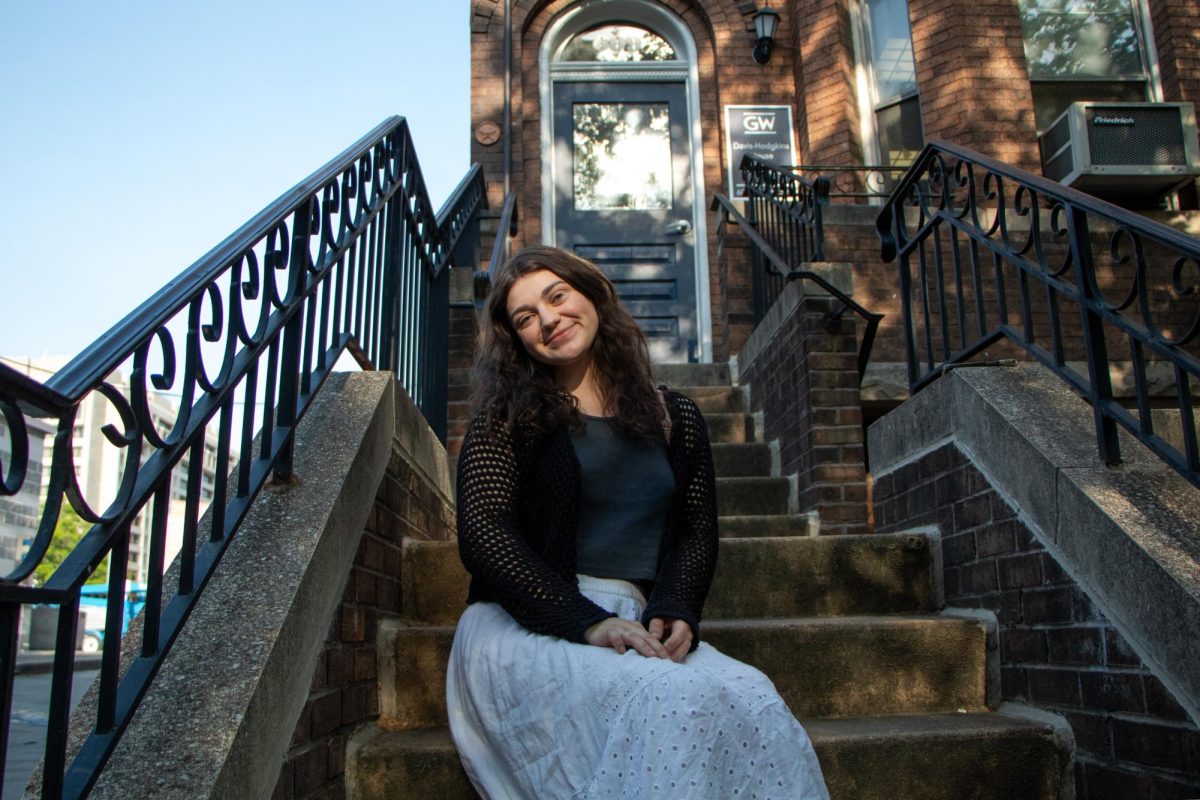There’s an aesthetic appeal to riding a taxi around a big city. We like to picture the classic yellow taxi whisking us away from a street corner.
But ever since services like Uber and Lyft have become popular, it seems that people are less enchanted by taking taxis around the city. It’s no wonder that urban dwellers prefer private taxi-like services: Users can quickly request drivers through an app, wait about five minutes for drivers to show up and pay them through an entirely digital process. But when more people use these ride-sharing apps, local taxi drivers suffer.
Taxis play a major role in the D.C economy. There are about 7,000 taxi cars in D.C., and the people who drive them are losing customers who have switched to Uber or Lyft. As students who live in the District for at least four years, we should care about the effects we have on the D.C. economy. And we should care enough to support our local businesses, including taxis.
Students should consider supporting taxis over other services because taxi drivers are more likely to use revenue as their full time jobs, while Uber appeals to drivers as an easy way to make money on the side. And paying for a taxi ride isn’t just paying that individual driver – customers also aid the union that taxi drivers belong to, which helps taxi drivers get fair wages and campaign for drivers to be covered by fair labor laws.
And taxis don’t cost consumers any more cash. Several studies have proven that there’s virtually no price difference between the costs of Ubers and the cost of taxis, unless riders spend more than $35, then Uber is the better option. But Uber and other car services can raise fares if someone is riding at a popular time. Taxis aren’t allowed to surge prices – no matter the time of day or day of the week you need a ride – which means the prices are more consistent.
It’s not rare to see red taxis – which belong to D.C.’s Taxi Transportation company – sitting idle or driving down I Street, scouting out possible customers. Consumers should take advantage of these vehicles, instead of waiting an extra five or 10 minutes for an Uber. Just because we should be conscious of using taxis more doesn’t mean we need to delete our for-hire taxis apps. When requesting what kind of Uber vehicle will pick you up, opt to select a taxi that is partnered with Uber, instead of an UberX.
Political energy on campus shouldn’t be limited to discussing the importance of the presidential election. We should also focus on how we can support local businesses around us. Making an effort to be more conscious of our local economy is essential to becoming ethical consumers.
For students who use “Uber” as a verb, it’s understandable that switching to taxis might be uncomfortable at first. But it’s important for us to be mindful of where we are spending our money. We’re members of the Foggy Bottom and D.C. community as much as we are apart of the GW community. We should actively seek ways to give back to this community economically, and that can start by hailing a cab.
Renee Pineda, a sophomore majoring in political science, is a Hatchet opinions writer. Want to respond to this piece? Submit a letter to the editor.




